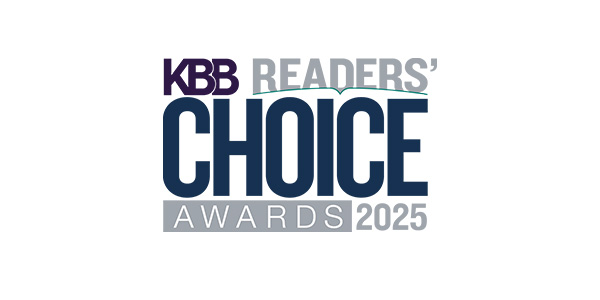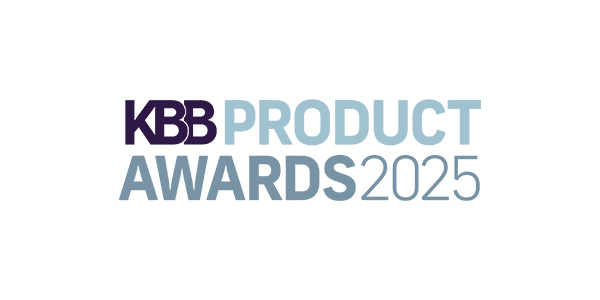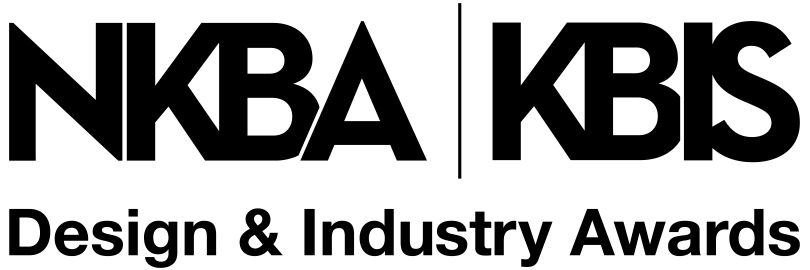Plumbing Manufacturers International’s leadership and staff are leading a crusade for safe, clean water for future generations. Their most recent stop was the Kitchen and Bath Industry Show (KBIS) 2023, where they aimed to persuade policymakers and potential allies about the urgency of the association’s PMI’s Rethink Water initiative.
“All across the globe, we all need to rethink how we use water every day,” said Kerry Stackpole, PMI’s CEO and executive director. “Not only how do we use it, but how do we save as much as possible and make it safe for those who will need it in the future. Of all the facets of climate change, its impact on water may be the most profound.”
The enormity of the challenge makes it somewhat intimidating to address. Where does one begin? Looking at it from the perspective of plumbing manufacturing, Stackpole said he believes you start with your strengths.
“For more than 15 years, our industry has been making toilets, showerheads, faucets and other plumbing products that use water more efficiently than the older products most people still have in their homes,” he explained. “We simply need to install more of these WaterSense products, and the water savings will be substantial.”
That’s why PMI’s first Rethink Water project is legacy product replacement – replacing older, inefficient products with new, more-efficient WaterSense models. At KBIS, PMI hosted a Power Break and Briefing to inform members, policymakers, other guests and media about the urgency of this project and the need to establish a robust public-private partnership to accomplish it.
EPA’s successful WaterSense program has proved its ability to save water
An Environmental Protection Agency program started in 2006, WaterSense has so far saved 6.4 trillion gallons of water, including 1.1 trillion in the last year counted alone, according to the program’s latest accomplishments report. To be certified to bear the WaterSense label, a plumbing product must use at least 20% less water than a product meeting federal standards established in 1994 by the Energy Policy Act (EPAct).
American households use about 10 trillion gallons of water each year – which means last year, WaterSense products saved an amount equal to 11% of the total amount used by U.S. households. That’s no easy achievement, but it’s one nowhere near the potential of the WaterSense program. That’s because many households still don’t have WaterSense plumbing products installed.
A 2022 GMP Research study commissioned by PMI found that only 23% of California residences have toilets meeting WaterSense standards. More than half of these residences have WaterSense showerheads and faucets, but a strong minority does not, the study found. An earlier GMP study commissioned by PMI found that most states have WaterSense statistics similar to California’s.
PMI estimates that up to 326 billion gallons of water can be saved over 30 years in California by replacing the 26.1 million toilets not up to WaterSense standards with WaterSense toilets. By accelerating the replacement of these toilets, 65.3 billion gallons can be saved within five years, and 95.7 billion gallons within 10 years. Achieving similar savings in all 50 states can increase the gallons saved into the trillions.
But numerical estimates do not reflect the current situation. Because water-efficiency standards are currently set by states, PMI and its allies have started advocating state by state for robust legacy product replacement programs, starting with California and other western states having water supplies hit hard by the drought. PMI California government affairs consultant Jerry Desmond and PMI technical director Kyle Thompson have broached legacy product replacement with California water officials, with the hopes of building the idea into a bill this year.
Legacy product replacement isn’t a new idea
In California, toilet replacement or rebate programs have been implemented in Southern California, San Francisco, and other regions and municipalities.
San Antonio, Texas, had a decade-long program that delivered and replaced toilets free of charge until virtually no inefficient toilets were left to replace. Programs replacing toilets free of charge or via rebates have been implemented throughout the nation, primarily at the county or municipal level, in places including Dallas/Fort Worth, Maui, New York City, Seattle and Tucson. Some of the programs have low-income requirements.
Because these programs save water, PMI would like to see legacy product replacement scaled up into statewide programs through which the total savings would be immense.
“Part of our challenge is to get policymakers and allies comfortable with audacious, bold solutions,” Stackpole stated.
Compared to other water-related solutions on the drawing board, such as desalination and rainwater catchment, legacy product replacement on a larger scale is relatively modest, he explained.
“Half-way solutions won’t solve the water crisis,” he said. We have to think bigger.”
PMI Board of Directors President Sal Gattone of LIXIL is working closely with Stackpole and the PMI board members on the legacy product replacement challenge.
“During this time of climate change and uncertainty, we all need to acquire the role of a conservationist,” Gattone said. “Modern life relies on the easy availability of water. This access assures our health and safety and our very survival. Hence, we need to collectively respond to water crises and actively work together on sustainable solutions.”








